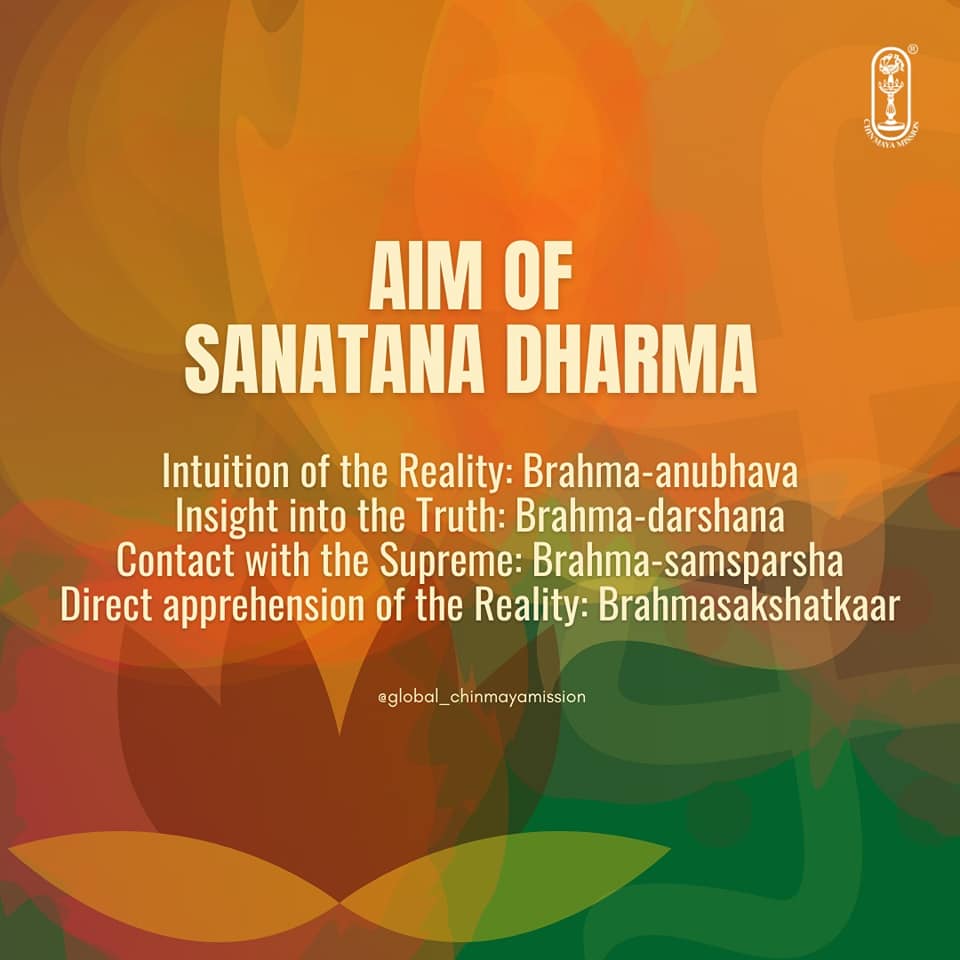Commentary on the Isavasya Upanishad : 6. Swami Krishnananda.
======================================================================
===================================================================
Wednesday, January 04, 2022. 8:00. PM.
Part-1.
Discourse-6.
=======================================================================
So the whole Reality is not manifest in existence such as a stone or a rock, though some part of it is manifest there. But in us, a larger degree of Reality is manifest, because it is known that it is. There is rajas – intellect and rational activity. We may be full of education, knowledge, information, academic qualification, but we may be incomplete persons nevertheless, due to absence of peace inside the mind. An educated person may be bankrupt in inward peace because while the tamasic element of existence and the rajasic element of understanding are there – the fact of this individualised existence is there – the sattvic quality of joy is absent.
The ananda aspect of Reality, the bliss aspect of Truth, has also to manifest itself in order that this consciousness of existence can fulfil itself and become complete. So we have to exist. We also have to know that we exist, and we also have to be happy that we know that we exist. This happiness of knowing that we exist is the bliss of the consciousness of existence. Here we are face to face with the great dictum, Reality being sat-chit-ananda.
Such a thing is pervading the whole Cosmos: Isavasyam idam sarvam yat kim ca jagatyam jagat.
Living or non-living, known or unknown, visible or invisible, potential or manifest, whatever be the nature of existence, everything is linked together by this unknown content, the supreme organisational principle, call Him God, Isvara, the Supreme Absolute, or the Universal Atman.
Be happy by knowing this. The Upanishad says, merely by knowing this, be happy. But puny man, with his frail intellect, will ask the question, “How can I be happy by merely knowing this matter? I want to enjoy the objects of sense. I want wealth. I want property. I want a house. Without this, where is joy? A mere knowledge of what you have told me cannot make me happy. I want to grab, possess, hold as my own, and become a property-holder.” Do not make the mistake of imagining like this.
Possession does not make us happy. It is the consciousness of possession that makes us happy. Unconscious possessions are no possessions. Do not covet wealth in this world, because wealth, the so-called property, is nobody's actually. We want to grab somebody's property and make it our own. How can we say that anything is ours, and make a statement that we have to possess it in order that we may enjoy it? What made us feel that something is ours? On what grounds is this statement made? No part that belongs to a whole can belong to another part that also belongs to the same whole. This is the logic behind the mistake that we make in desiring any property. As all things are part of a whole, all parts necessarily belong to the whole; but one part does not belong to another part.
To be continued ....
=========================================================================







Comments
Post a Comment